Disclosure: This article contains affiliate links. We may earn a commission from purchases at no extra cost to you, which helps our travel content.
Milwaukee's relationship with beer isn't just historical—it's architectural, cultural, and evolving in ways that perfectly illustrate urban adaptive reuse. As someone who studies how cities repurpose spaces for cultural expression, I've found Milwaukee's transformation from industrial brewing giant to craft beer innovator fascinating. The city's beer scene operates as a living case study in how industrial heritage can be preserved while fostering new creative economies—something I've observed in electronic music venues from Berlin to Detroit, but with a distinctly Midwestern approach that deserves your attention (and your palate).
The Architectural Heritage Behind Milwaukee's Beer Renaissance
Walking through Milwaukee's brewery districts feels like navigating a timeline of American industrial design. The city's brewing infrastructure—from Pabst's 19th-century brick complexes to Miller's sprawling campus—showcases how manufacturing spaces evolve across generations. What fascinates me as an urban planner is how these massive structures have found second lives.
The former Pabst complex, now known as The Brewery District, represents one of America's most successful industrial neighborhood transformations. Where workers once fermented mass-produced lagers, you'll now find mixed-use developments that maintain historical integrity while housing innovative brewing operations. Breweries like MobCraft and Good City have established taprooms in repurposed industrial spaces, creating gathering places that honor Milwaukee's brewing heritage while pushing flavor boundaries.
The architectural details tell stories: look for the massive copper kettles preserved as decorative elements, the exposed cream city brick (Milwaukee's distinctive local building material), and the industrial-scale windows that now illuminate contemporary taprooms. These aren't just aesthetic choices—they're deliberate preservation decisions that maintain the city's brewing identity while accommodating modern craft production methods.
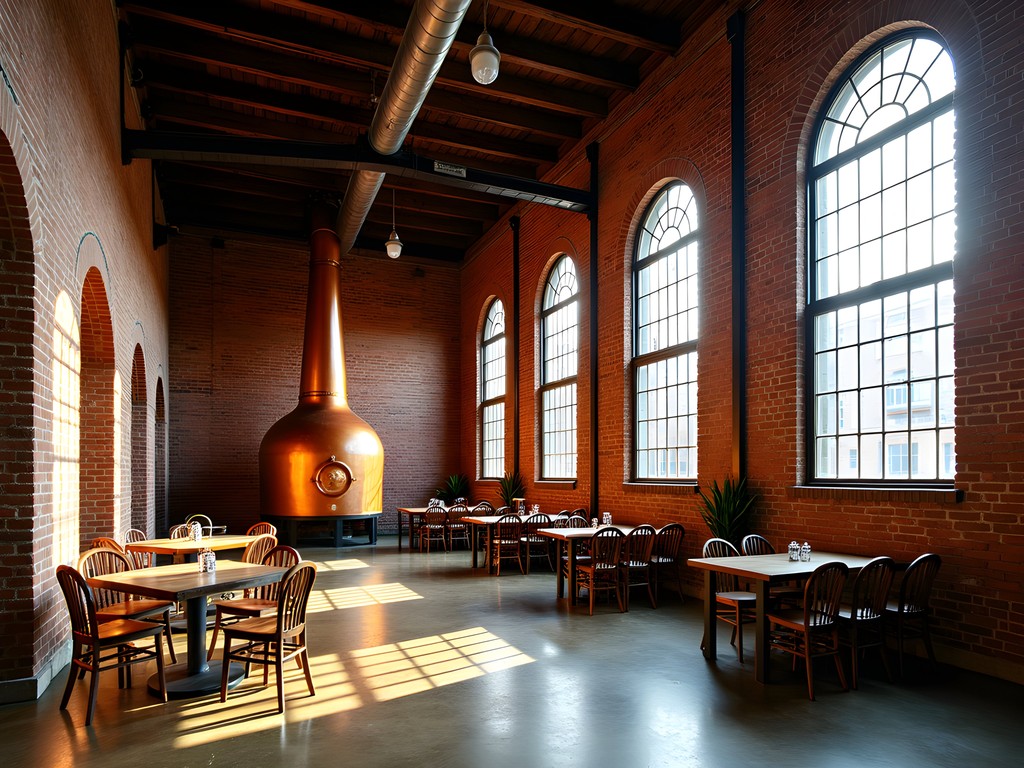
💡 Pro Tips
- Visit The Brewery District early in your trip to understand Milwaukee's beer evolution story
- Look for original brewing equipment repurposed as decor in modern taprooms
- Take the Pabst Brewery Tour to see how historic spaces have been adaptively reused
Riverwest and Bay View: Milwaukee's Craft Beer Neighborhoods
Milwaukee's craft beer innovation isn't happening downtown—it's flourishing in neighborhoods that urban planners consider textbook examples of successful post-industrial community development. Riverwest and Bay View exemplify how craft brewing creates economic anchors in transitioning neighborhoods.
Riverwest, with its mix of industrial spaces, worker cottages, and creative businesses, hosts Company Brewing and Black Husky—operations that function as community hubs as much as beer producers. The spatial arrangement is noteworthy: taprooms occupy former manufacturing facilities but operate at a human scale that invites neighborhood interaction. Last October, I spent an evening at Company Brewing where a local electronic music showcase shared space with beer enthusiasts—the kind of mixed cultural programming that healthy urban neighborhoods thrive on.
Bay View's brewery corridor along Kinnickinnic Avenue demonstrates how craft beer businesses can anchor commercial revitalization without triggering excessive gentrification. Component Brewing, Enlightened Brewing, and Indeed Brewing have established operations in former light industrial spaces, creating an informal brewery trail that's walkable and integrated with existing neighborhood character.
For comfortable exploration between these neighborhoods, I'd recommend a reliable insulated water bottle to stay hydrated between brewery visits. Milwaukee's microclimates can be surprisingly warm even in fall, and proper hydration is essential when sampling multiple breweries.
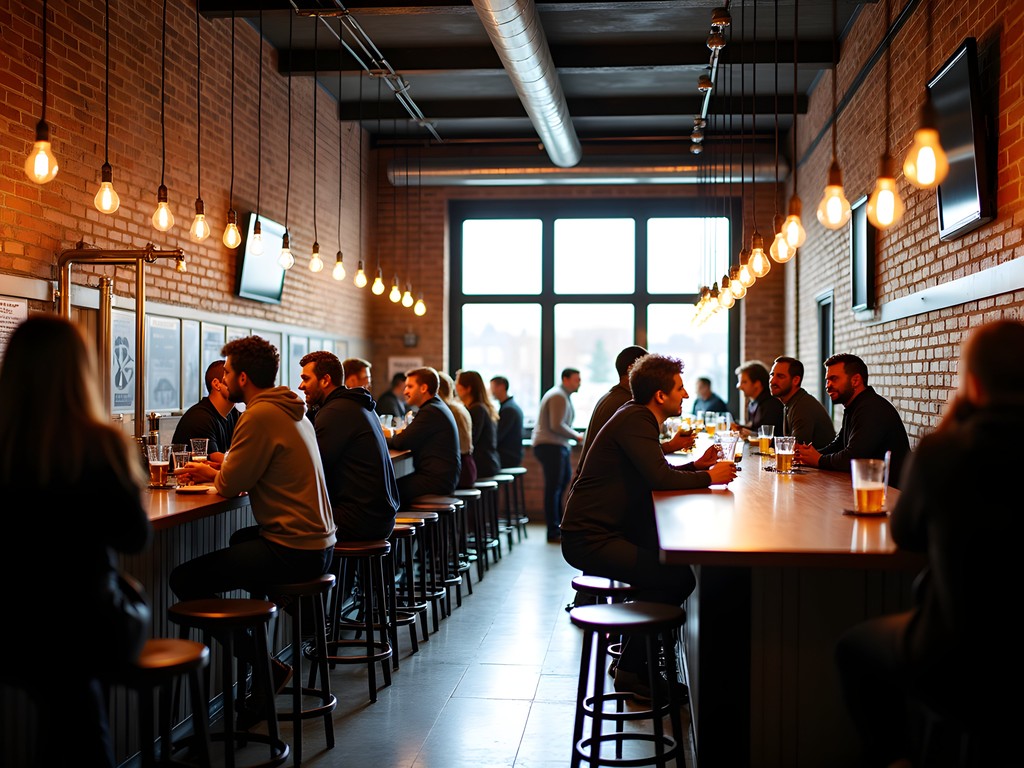
💡 Pro Tips
- Explore Riverwest and Bay View breweries by bicycle using Milwaukee's Bublr bike share system
- Visit Component Brewing for experimental small-batch releases that rarely distribute outside Milwaukee
- Check brewery social media for pop-up food vendors—many smaller breweries partner with local chefs
The Lakefront Experience: Brewing With Environmental Consciousness
Lakefront Brewery represents Milwaukee's most compelling case study in sustainable urban brewing practices. Situated along the Milwaukee River in a former power plant, Lakefront demonstrates how industrial riverfront property can be reclaimed for both production and public enjoyment.
Their brewery tour remains Milwaukee's most comprehensive (and entertaining) education in craft brewing processes. Unlike corporate brewery tours that keep visitors at a distance, Lakefront's experience brings you directly into production areas, explaining brewing with technical accuracy while maintaining accessibility—a balance I appreciate as someone who values both precision and public engagement.
What's particularly notable from an urban planning perspective is how Lakefront has integrated their operation with Milwaukee's river restoration initiatives. Their beer hall features expansive windows overlooking the river, creating a visual connection to this natural resource that was largely ignored during Milwaukee's industrial heyday. The brewery's Friday fish fry has become a civic institution, demonstrating how production facilities can double as cultural gathering spaces.
Lakefront's sustainability initiatives extend to their brewing practices—they produced the first USDA-certified organic beer and utilize local ingredients whenever possible. For serious beer enthusiasts wanting to document tasting notes across multiple brewery visits, I recommend bringing a beer tasting journal, which has simplified flavor wheels perfect for comparing Milwaukee's diverse brewing styles.

💡 Pro Tips
- Book Lakefront Brewery tours in advance—they frequently sell out, especially weekend slots
- Try their Riverwest Stein amber lager for a perfect example of Milwaukee's traditional brewing heritage with craft attention to detail
- Visit during sunset hours when the river views are particularly stunning through the beer hall windows
Hidden Taprooms: Milwaukee's Secret Brewing Spaces
Beyond Milwaukee's established brewing operations lies a network of hidden taprooms that showcase how adaptive reuse can happen at smaller scales. These spaces—often tucked into former storage rooms, garage bays, or retail storefronts—represent brewing entrepreneurship that operates below the radar of typical tourism.
Eagle Park Brewing in the western suburb of Muskego exemplifies this approach. Housed in a former auto service garage, the brewery maintains industrial elements like roll-up doors while creating an intimate taproom experience. Their limited distribution makes on-site visits essential for sampling their rotating IPA variations.
Similarly, Vennture Brew Co. in Washington Heights operates as both a specialty coffee shop and craft brewery—a dual-purpose approach to space utilization that activates their location throughout the day rather than just evening hours. This model of mixed commercial use creates more sustainable neighborhood businesses while offering unique hybrid products like their coffee-infused stouts.
My personal favorite hidden gem is Gathering Place Brewing in Riverwest, whose taproom feels like entering someone's particularly well-appointed garage workshop. Their community-supported brewery model (similar to agricultural CSAs) demonstrates alternative financing approaches for small-scale production.
Navigating between these scattered locations requires planning. I use the beer mapping app to track these smaller operations, many of which have limited hours or pop-up schedules that change seasonally. The app has saved me from arriving at locked doors multiple times.
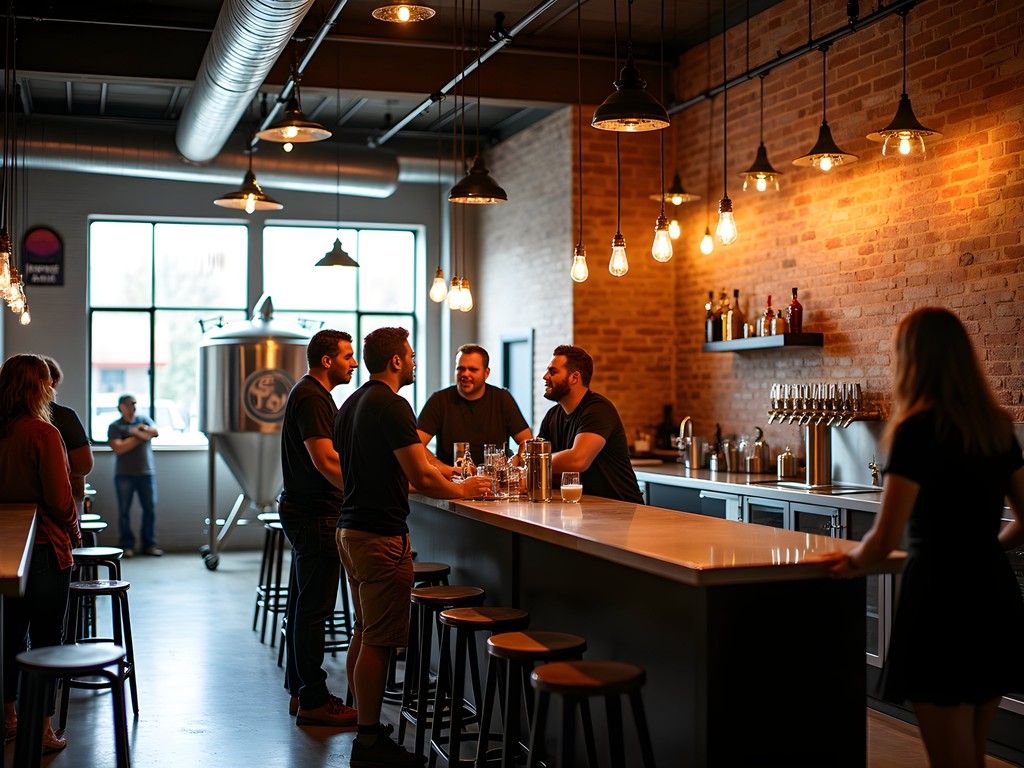
💡 Pro Tips
- Check social media before visiting smaller taprooms as many operate with limited or seasonal hours
- Don't hesitate to talk with brewers at these smaller operations—they're typically more accessible than at larger venues
- Try 1-2 hidden taprooms rather than rushing between many—the intimate experiences deserve unhurried appreciation
Milwaukee's Beer Festival Culture: Seasonal Celebrations
Milwaukee's beer calendar revolves around seasonal festivals that transform public spaces into temporary celebration zones—a phenomenon I've studied in electronic music events globally but which takes uniquely civic forms in Milwaukee's beer culture.
Fall brings Milwaukee's most distinctive beer events, when the city's German heritage merges with craft innovation. Unlike summer festivals that sprawl across parks, autumn beer events often occupy adaptive spaces—former factories, warehouses, or underutilized public buildings temporarily transformed through careful programming.
Milwaukee Beer Week (early November) represents the most comprehensive opportunity to experience the city's brewing diversity, with special releases and collaborative brews available exclusively during this period. The events are distributed throughout the city rather than centralized, encouraging exploration of different neighborhoods and their brewing identities.
For serious beer festivals, I've found a collapsible cooler invaluable for storing special release bottles purchased throughout the day. Milwaukee's breweries often release limited festival editions that aren't available afterward, and proper storage ensures they arrive home safely.
The Beer Garden at South Shore Terrace offers a perfect example of Milwaukee's public space activation through beer culture. This county park installation demonstrates how municipalities can create seasonal gathering spaces that generate revenue while providing accessible recreation—a model other cities should study.

💡 Pro Tips
- Purchase Milwaukee Beer Week passes early as specialty events sell out quickly
- Look for brewery collaboration releases that often showcase experimental techniques
- Use rideshare services between festival locations rather than driving—Milwaukee's DUI enforcement is appropriately strict
Final Thoughts
Milwaukee's craft beer scene represents more than just good drinking—it's a masterclass in adaptive reuse, neighborhood revitalization, and cultural preservation. What impresses me most as an urban planner is how brewing operations have become anchors for neighborhood identity while honoring industrial heritage. The spatial dynamics at play—from massive brewery complexes to hidden garage taprooms—demonstrate the flexibility of urban infrastructure when communities value both preservation and innovation.
As cities nationwide struggle with repurposing industrial spaces, Milwaukee offers a compelling case study in how production, consumption, and cultural expression can coexist within thoughtfully preserved structures. The city has managed to celebrate its brewing heritage without becoming a beer-themed caricature—maintaining authentic production while creating spaces for community gathering.
Whether you're a dedicated beer enthusiast or simply interested in how cities evolve, Milwaukee's brewing landscape deserves your attention. Pack your curiosity alongside your palate, and you'll discover a city that pours its history, architecture, and future into every glass.
✨ Key Takeaways
- Milwaukee's craft breweries excel at adaptive reuse of historic industrial spaces
- Neighborhood breweries like those in Riverwest and Bay View function as community anchors beyond just beer production
- Fall represents the ideal season for experiencing Milwaukee's beer culture through seasonal festivals and special releases
📋 Practical Information
Best Time to Visit
September-November
Budget Estimate
$100-150/day including accommodations, brewery tours, and meals
Recommended Duration
3-day weekend
Difficulty Level
Easy

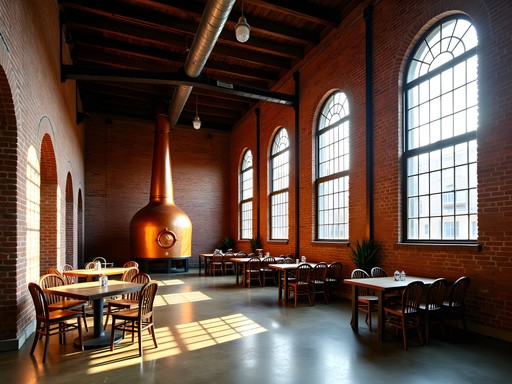

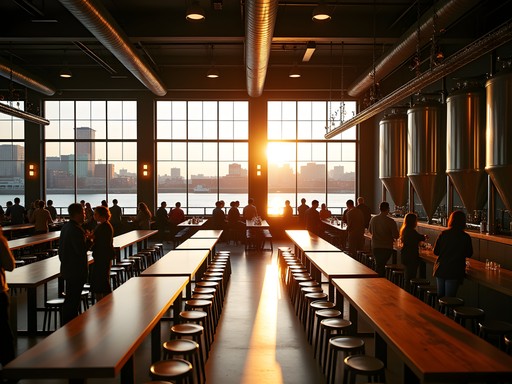
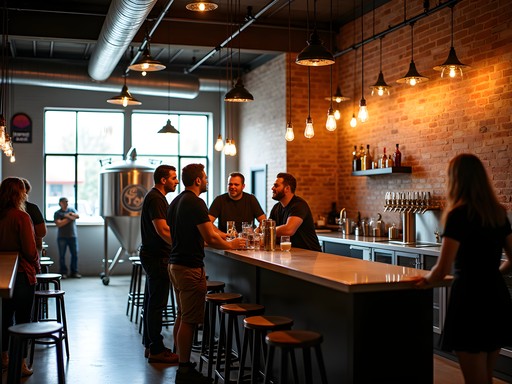




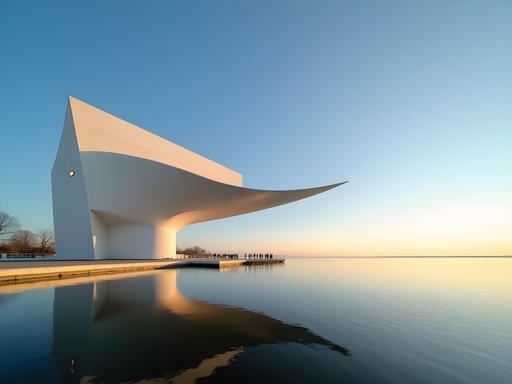
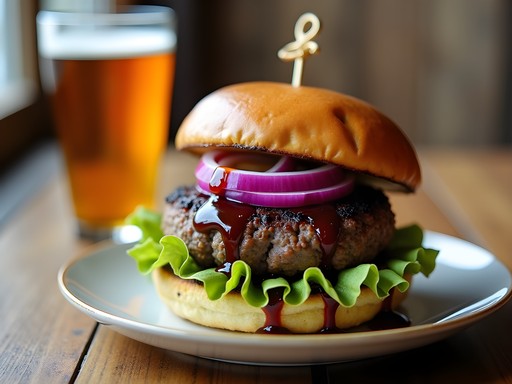
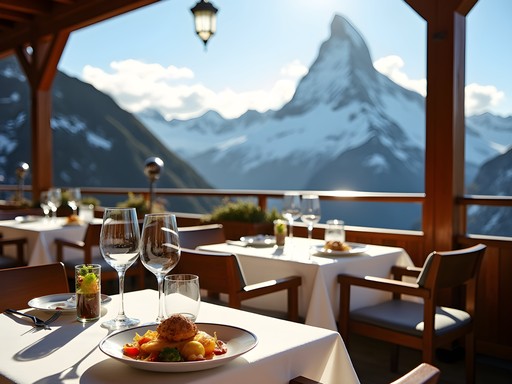

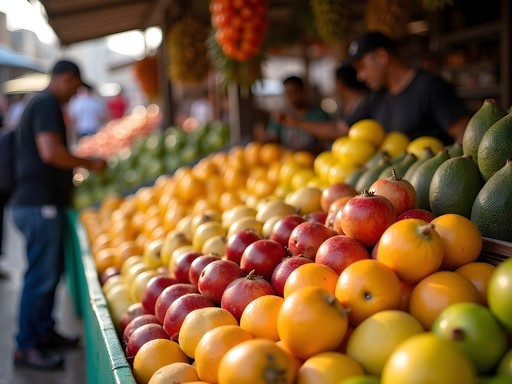

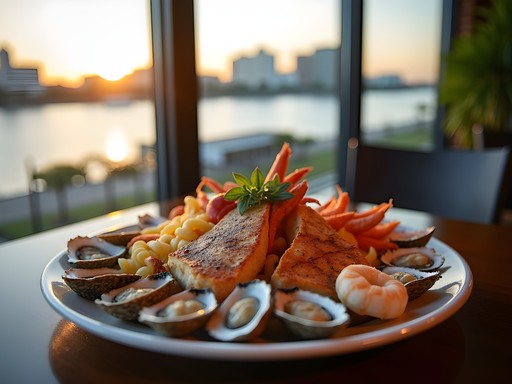
Comments
Sage Dixon
Skylar, your section on adaptive reuse in Milwaukee's beer scene really resonated with me. I was there doing research for my own blog last fall and was fascinated by how these breweries have transformed the city's industrial spaces. The story behind Good City Brewing taking over that abandoned warehouse downtown is exactly the kind of urban renewal that makes beer culture about more than just drinking. I actually did a walking tour connecting Pabst, Schlitz, and Miller sites to see how the beer giants shaped the city architecture, then contrasted it with the new craft scene. The juxtaposition is incredible. Did you find that the smaller breweries were conscious of this architectural heritage in their designs?
globerider
That walking tour sounds amazing! Is there a specific company that runs it or did you create it yourself?
Sage Dixon
I pieced it together myself using some historical info from the visitor center! Started at the Pabst Mansion, then to Best Place at the Historic Pabst Brewery, over to the old Schlitz tied houses (bars), and ended at Lakefront. About 4 miles total but plenty of beer stops made it enjoyable!
mountainace
Any recommendations for the hidden taprooms mentioned? Planning a trip in March and want to experience the local scene beyond the obvious spots.
Sage Dixon
Not the author, but I'd recommend checking out Enlightened Brewing in the old Bay View industrial area - it's tucked away in this repurposed factory space with amazing vibes. Also, don't miss Eagle Park's original location - much smaller than their newer spot but feels like you're in on a local secret. I'd suggest using the Milwaukee Brewery Map - it helped me find places I would've completely missed otherwise!
mountainace
Thanks so much! Adding these to my itinerary. That map looks super helpful too.
globerider
Just got back from Milwaukee last weekend and the craft beer scene blew me away! Lakefront Brewery was my absolute favorite - their tour guides are hilarious and the cheese curds are insane. We also found this tiny place in Bay View called Component Brewing that wasn't in any guidebooks. Anyone else discover some hidden gems there? Great post Skylar!
Sage Dixon
Component is such a find! Did you try their hazy IPA? When I was researching Milwaukee breweries last summer, I stumbled upon Vennture Brew Co - it's this coffee shop/brewery hybrid in Washington Heights that feels so neighborhood-authentic. Their coffee stout changed my life!
globerider
Yes! The hazy was amazing. Didn't make it to Vennture though - adding it to the list for next time!
Raymond Hassan
Excellent analysis of Milwaukee's brewing renaissance, Skylar. What fascinates me most is how the city's industrial architecture has been preserved through brewing. I documented a similar phenomenon in my blog about Turin's craft beer scene, but Milwaukee takes it to another level. The hidden taprooms section particularly resonated with me - I discovered Broken Bat Brewing in that alley basement you mentioned and was stunned by both the space and their baseball-themed brews. The way these brewers are connecting to local history while innovating reminds me of what's happening in smaller Italian cities. Have you noticed similar patterns in other American brewing cities?
starblogger
Going to Milwaukee next month! Which neighborhood should I stay in to be closest to the best breweries?
Raymond Hassan
I'd recommend staying near the Third Ward or Walker's Point. Both areas have excellent breweries within walking distance and good public transportation connections to Riverwest and Bay View. Component Brewing in the Lincoln Warehouse was a hidden gem not mentioned in the article - worth seeking out!
starblogger
Thanks! Third Ward looks perfect.
backpacknomad
I stayed in Bay View and loved it. More residential but super walkable to multiple breweries and the Milwaukee Brewery Pass saved me a ton on tastings. Eagle Park Brewing was my favorite spot there!
backpacknomad
Just got back from Milwaukee last month and the craft beer scene blew me away! Spent three days just brewery hopping through Riverwest and Bay View. Loved how many of the breweries were in these cool old industrial buildings. The tour at Lakefront Brewery was my favorite - the guides were hilarious and the beer samples were generous. Anyone else notice how much better the beer tastes when you can literally see it being made through those big glass windows?
Raymond Hassan
Lakefront's tour is indeed exceptional. I was particularly impressed by their commitment to sustainability - they were among the first to implement closed-loop water systems in their brewing process. Did you get to try their organic series? The adaptive reuse of that building is also a perfect example of what Skylar discusses in the article about Milwaukee's architectural heritage.
backpacknomad
Yes! Had their organic IPA and it was fantastic. Didn't know about the water systems though - that's really cool. The Friday fish fry there was also amazing!
roamrider
If you're in Milwaukee on a Friday, don't miss Lakefront's fish fry! The beer-battered cod with their Riverwest Stein is the perfect combo. We had to wait almost an hour but totally worth it. The polka band makes the whole experience extra fun!
redrider
Love that shot of the sunset from Lakefront Brewery's patio! One of the best views in the city.
mountainlover5005
Any recommendations for brewery tours that are good for people who don't actually drink beer? My partner loves the brewing process and architecture but doesn't drink alcohol. Would they still enjoy these tours?
Skylar Roberts
Great question! Several Milwaukee breweries offer excellent non-alcoholic options. Lakefront Brewery makes their own craft sodas and root beer, and their tour focuses heavily on history and architecture. MobCraft and Indeed Brewing both have excellent NA options too. The historic Pabst tour is more about the buildings and Milwaukee history than drinking. Your partner will have plenty to enjoy!
mountainlover5005
That's perfect! Thanks so much for the tips. We'll definitely check out the Pabst tour.
smarthero
If you're visiting Milwaukee for the beer, try to time your trip with one of their beer festivals! Milwaukee Brewfest in July is right on the lakefront, and Wisconsin Beer Lovers Festival in June features over 40 local breweries. The smaller neighborhood festivals in Riverwest and Bay View are even better for meeting locals. Also, don't miss the brewery yoga classes at Good City Brewing - beer included after your workout!
Venture X
Premium card with 2X miles, $300 travel credit, Priority Pass